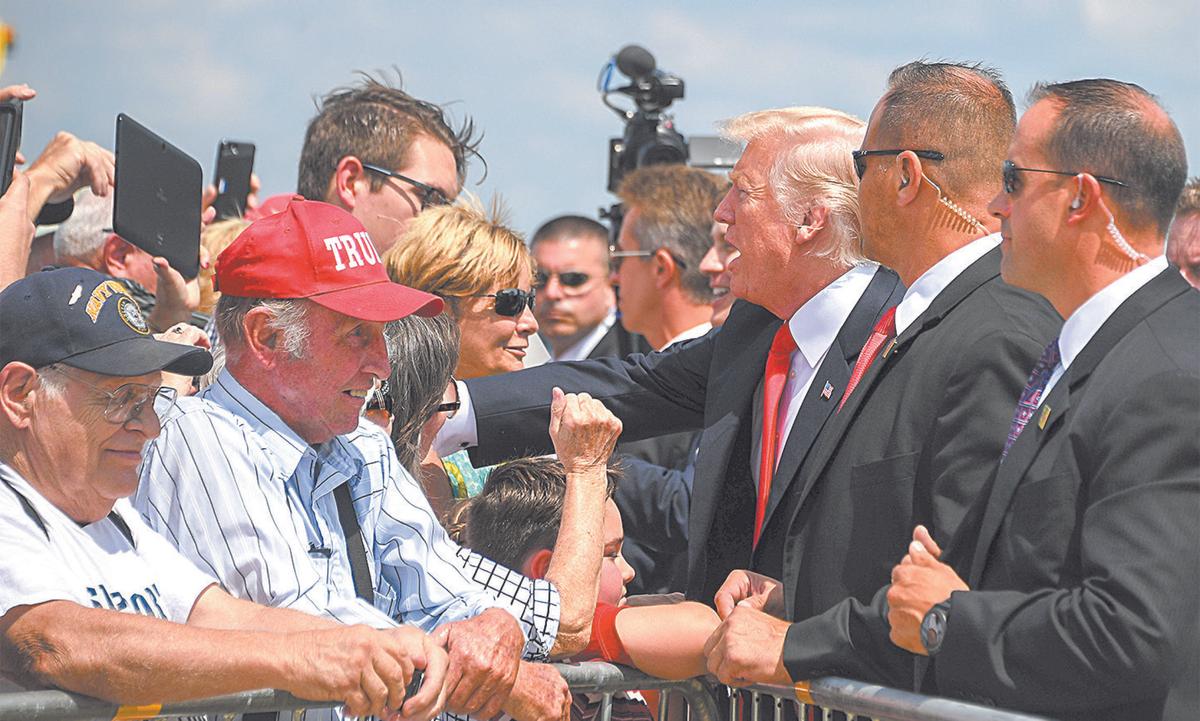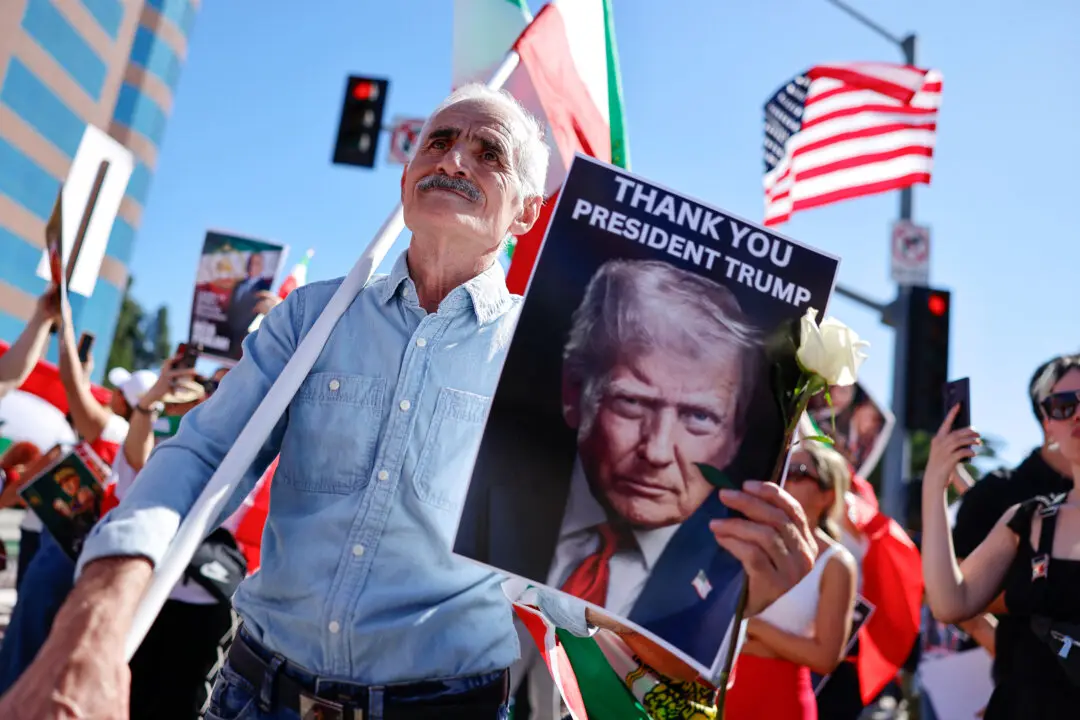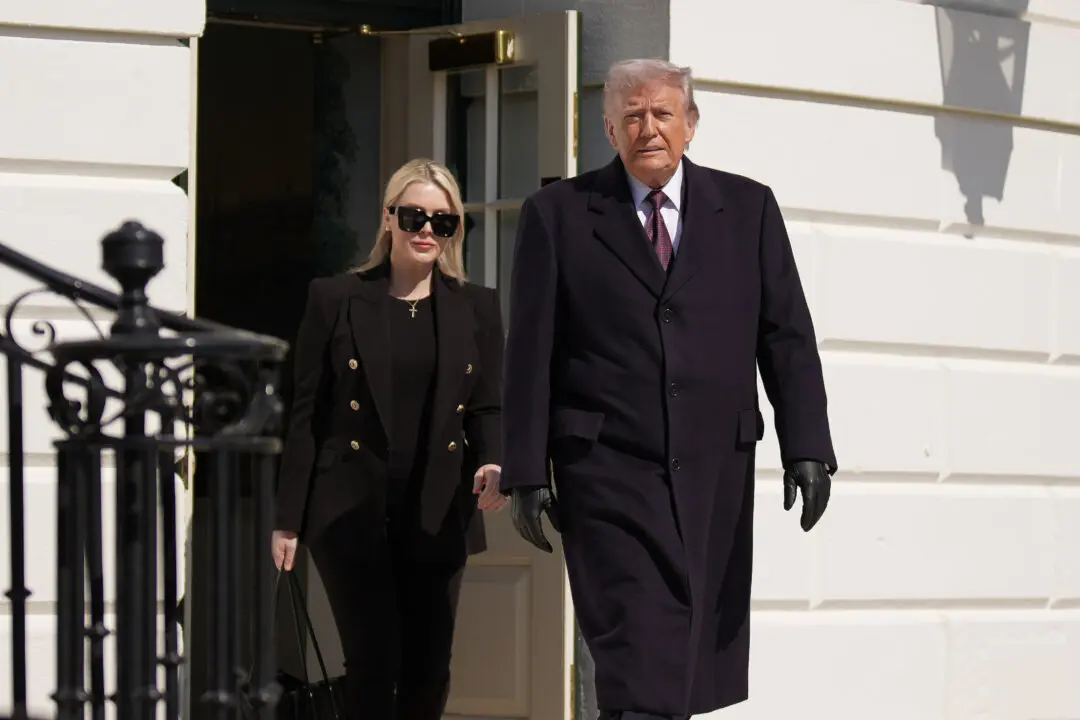President Donald Trump kicked off his campaign to overhaul the U.S. tax system with a speech in Springfield, Missouri, on Aug. 30.
“We’re here today to launch our plans to bring back up Main Street by reducing the crushing tax burden on our companies and on our workers,” Trump said.
The last major tax reform occurred 31 years ago under Ronald Reagan. The existing tax system, which Trump called “self-destructive,” costs Americans millions of jobs, trillions of dollars, and billions of hours spent on compliance and paperwork, he said.
Trump announced four principles for tax reform: Simplifying the tax code, creating a competitive tax system, providing tax relief for middle-class families, and bringing back cash held by U.S companies overseas.
Trump also announced that the U.S. gross domestic product increased at a 3 percent annual rate in the second quarter.
“If we achieve sustained 3 percent growth, that means 12 million new jobs and $10 trillion of new economic activity over the next decade,” he said.
Reducing the Tax Rate
One of the cornerstones of the proposed tax reform is the reduction of the top corporate tax rate from 35 percent to 15 percent.
The current U.S. corporate tax rate is 35 percent plus an average state rate of 4 percent. The combined rate of approximately 39 percent is the highest among advanced economies. This puts American businesses and products at a competitive disadvantage globally, explained Trump.
“Foreign companies have more than a 60 percent tax advantage over American companies. They can pay their workers more, sell their products and services at lower cost, and still make more money than their U.S. competitors,” said Trump.
“We must reduce the tax rate on American businesses so they keep jobs in America, create jobs in America, and compete for workers right here in America.”
Bringing back the “trillions of dollars in wealth that’s parked overseas” is another objective of tax reform.

The existing “worldwide” tax system double-taxes the foreign income of U.S. companies as soon as these earnings are repatriated. In other words, the U.S. companies have to pay U.S. tax on top of what they already pay in foreign countries, and that is why they prefer to keep the money offshore rather than reinvesting it back in the United States.
Over the years, U.S. corporations have built up cash offshore, because of the “high tax rate and horrible, outdated bureaucratic rules,” said Trump.
“The amount of money we’re talking about is anywhere from $3 trillion to $5 trillion,” he said.
To encourage companies to bring that money back to the country, foreign-earned income will be taxed at a one-time rate, which is still not specified.
“By making it less punitive for companies to bring back this money, and by making the process far less bureaucratic and difficult, we can return trillions and trillions of dollars to our economy and spur billions of dollars in new investments,” Trump said.
Moving from a “worldwide” tax system to a “territorial” system will solve the double-taxation problem.
In a worldwide tax system, companies must pay the corporate income tax on all of their income regardless of where the income is derived. By contrast, in a territorial tax system, the companies would be taxed on their U.S. income only and would be exempt from paying taxes on most or all foreign income. This system would allow the U.S. companies to compete internationally on a level playing field.
“In 1988, eight OECD countries had territorial systems. Now it’s 28. We have just gotten uncompetitive,” Gary Cohn, chief economic advisor to Trump, told Financial Times in a recent interview.






